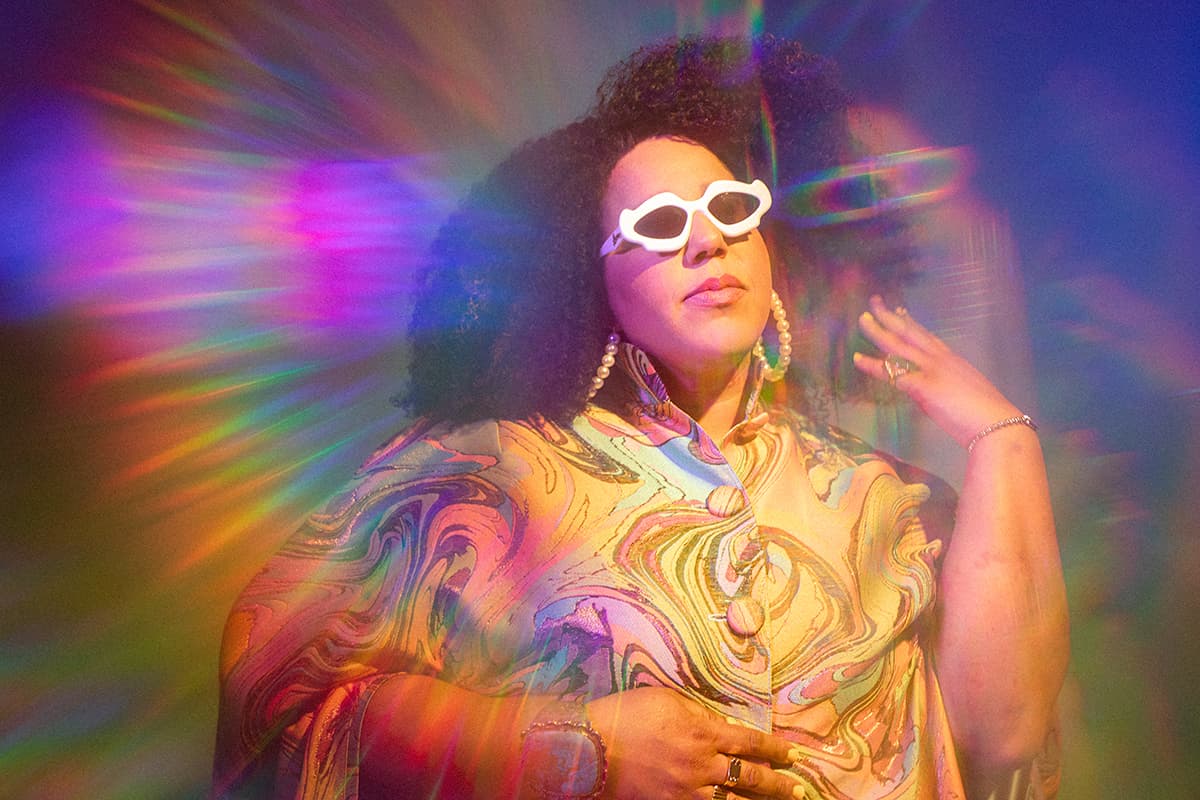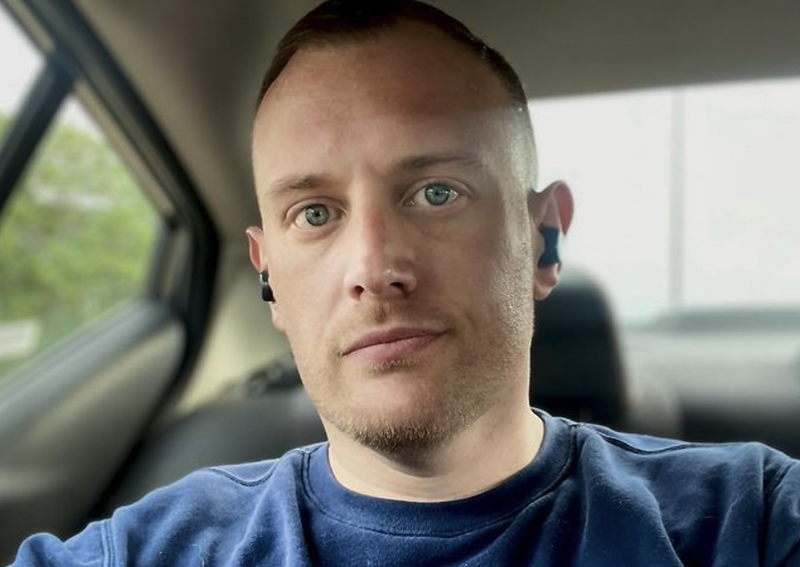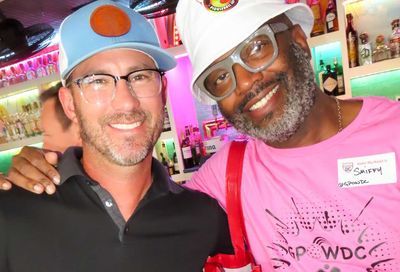LGBTQ people are ‘particularly vulnerable’ to coronavirus effects, advocacy groups warn
Over 100 organizations are reminding those leading COVID-19 efforts that the LGBTQ community requires specific outreach and focus

Over 100 organizations have signed an open letter urging those in charge of tackling coronavirus (COVID-19) to remain aware that the LGBTQ community is “particularly vulnerable” to the effects of the virus.
The National LGBT Cancer Network has spearheaded the letter, noting a number of factors make LGBTQ people more vulnerable to the virus, including discrimination in accessing healthcare.
“As the spread of the novel coronavirus a.k.a. COVID-19 increases, many LGBTQ+ people are understandably concerned about how this virus may affect us and our communities,” the letter states. “The undersigned want to remind all parties handling COVID-19 surveillance, response, treatment, and media coverage that LGBTQ+ communities are among those who are particularly vulnerable to the negative health effects of this virus.”
The World Health Organization has recently determined COVID-19 to be a global pandemic, and Washington, D.C., has declared a state of emergency to try and tackle the spread of the virus.
Related: Religious conservatives are blaming gay people for coronavirus
The open letter is signed by more than 100 organizations, including initial signer Whitman-Walker Health, and additional signers including the Capital Pride Alliance, GLAAD, Human Rights Campaign, Lambda Legal, and the National Center for Transgender Equality.
It outlines three key factors for why the LGBTQ community is more vulnerable to the effects of COVID-19.
First, LGBTQ smoke at rates that are 50% higher than the general population. Because COVID-19 is a respiratory illness, the letter notes that it “has proven particularly harmful to smokers.”
Second, higher rates of HIV and cancer in the LGBTQ community means that a greater number of people may have compromised immune systems, which leaves them more vulnerable to COVID-19 infections.
Third, healthcare discrimination in America, including denial of care, unwelcoming attitudes, and lack of understanding from staff and providers means LGBTQ may be more reluctant to seek medical care.
The National LGBT Cancer Network also notes that there are three million older LGBTQ people in the United States, and they are “already less likely than their heterosexual and cisgender peers to reach out to health and aging providers.”
“The devastating impact of COVID-19 on older people — the current mortality rate is at 15% for this population — makes this a huge issue for the LGBTQ+ communities as well,” the letter states.
“LGBTQ+ communities are very familiar with the phenomena of stigma and epidemics,” it continues. “We want to urge people involved with the COVID-19 response to ensure that LGBTQ+ communities are adequately served during this outbreak.”
The letter concludes with a note urging those involved with fighting COVID-19 to “learn from history” with regards the LGBTQ community.
“As LGBTQ+ community and health leadership, the undersigned organizations offer to stand shoulder to shoulder with the mainstream health leadership to make sure we learn from history and do not allow any population to be disproportionately impacted or further stigmatized by a virus,” it states.
As for LGBTQ people who are worried about contracting the virus, the National LGBT Cancer Network advises that people follow all CDC and WHO advisories, staying aware of local alerts and travel advisories, avoiding close contact (within three feet) with anyone who shows symptoms of illness, and avoiding touching face, eyes, and nose with unwashed hands.
Other steps include thoroughly washing hands with soap for at least 20 seconds, or using hand sanitizer with at least 60% alcohol if soap is not available. If someone needs to cough or sneeze, they should do so into their elbow, or a tissue which is then put in the trash.
“If an LGBTQ+ person has cancer, smokes, is HIV+, is over 65 years old, or has any other fragile health condition, consider taking additional measures to avoid risk of infection,” National LGBT Cancer Network states in its release. “This could include more vigilance about staying away from symptomatic people, it could include avoiding larger gatherings of people, and should definitely include practicing excellent epidemic hygiene, like frequent hand washing and breaking habits of face-touching. All smokers should know they can access free cessation services by calling or visiting 1-800-QUIT NOW.”
Related:
Religious conservatives are blaming gay people for coronavirus
Mike Pence, who oversaw massive spike in HIV as governor, will lead coronavirus response
White House-approved pundit says coronavirus will “purge” gay people
Read more:
Anti-LGBTQ Republican pardoned by Trump calls gay people ‘perverse’ pedophiles
Exit polls show LGBTQ voters turned out in higher numbers for this year’s Democratic primary
Monmouth U. basketball fans taunt rival player with photos and sign saying “Stick to Grindr”
Support Metro Weekly’s Journalism
These are challenging times for news organizations. And yet it’s crucial we stay active and provide vital resources and information to both our local readers and the world. So won’t you please take a moment and consider supporting Metro Weekly with a membership? For as little as $5 a month, you can help ensure Metro Weekly magazine and MetroWeekly.com remain free, viable resources as we provide the best, most diverse, culturally-resonant LGBTQ coverage in both the D.C. region and around the world. Memberships come with exclusive perks and discounts, your own personal digital delivery of each week’s magazine (and an archive), access to our Member's Lounge when it launches this fall, and exclusive members-only items like Metro Weekly Membership Mugs and Tote Bags! Check out all our membership levels here and please join us today!

























You must be logged in to post a comment.